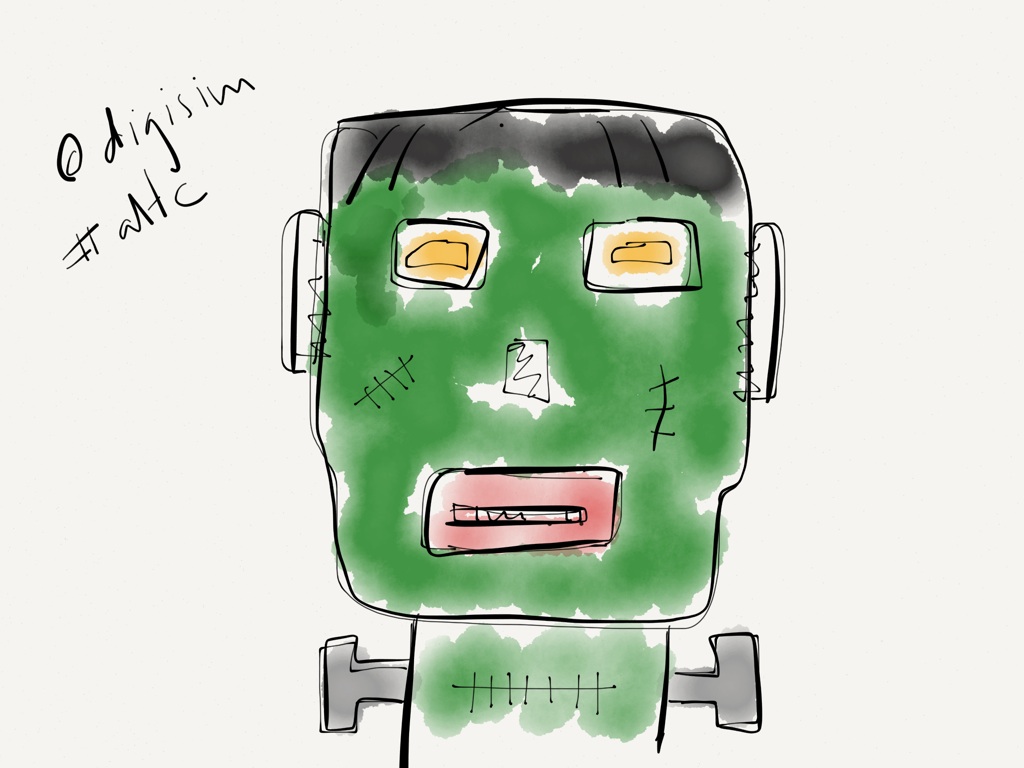For the first time in my conference attending experience I went to bed at a reasonable time after the Gala dinner (i.e. before Midnight). Why? Because I wanted to be as fresh as possible, up and ready for the final keynote by Audrey Watters.
For those of you who have not heard of Audrey then in her own words;
“I’m a lit geek and a beer snob. I love tattoos and technology. I loathe mushy foods and romantic comedies. I’m not ashamed to admit I like ABBA and dislike Tolkien. I am somewhat ashamed to admit I’ve not finished Ulysses. I pick fights on the Internet. I’m a high school dropout and a PhD dropout. I have a cold hard stare that I like to imagine is much like Paddington Bear’s and a smirk much like the Cheshire Cat’s.”
When she says that she’s a “drop out” it’s not because of a lack of ability, but perhaps because the “system” just didn’t (doesn’t) work in a way which suits her.
At the start of her keynote she describes herself as a “folklorist” and her keynote was a superbly written interwoven interconnected historically referenced story of the highest quality.
I couldn’t possibly do it justice in this post trying to pick out all of the parts to it – you can read it all for yourself here: http://www.hackeducation.com/2014/09/03/monsters-altc2014/

That said, there is one point that really resonated with me, that of the notion that we don’t ‘love’ our technology enough. Oh, of course we ‘love’ it in the superficial, shiny, new gadget sense, but we don’t in the respect it and understand it sense.
I think from a learning technology perspective this makes a lot of sense. Why is it that we (in a general collective sense) continue to be drawn to the new (MOOCs anyone?)? Perhaps we should spend more time nurturing our technology, not chasing the newest version of it, but I guess that just doesn’t bode well for the consumerist nature of our societies with corporate giants who need to satisfy shareholders.
Of course change is inevitable (and in many cases desirable), but change without consideration of it’s impact can be detrimental to us (privacy, data ownership, storage etc). In the education sector our academic colleagues feel this everyday – the deployment of the next piece of technology.
What can we do so that we have space to nurture the technology we have, but also embrace the new? It’s a complex scenario, one in which learning technologists and academic staff have to work together to begin to really ‘love’ technology through understanding it.
Thank you Audrey for reminding an audience of “technologists” that shining and new can be a dangerous kind of love.




No responses yet